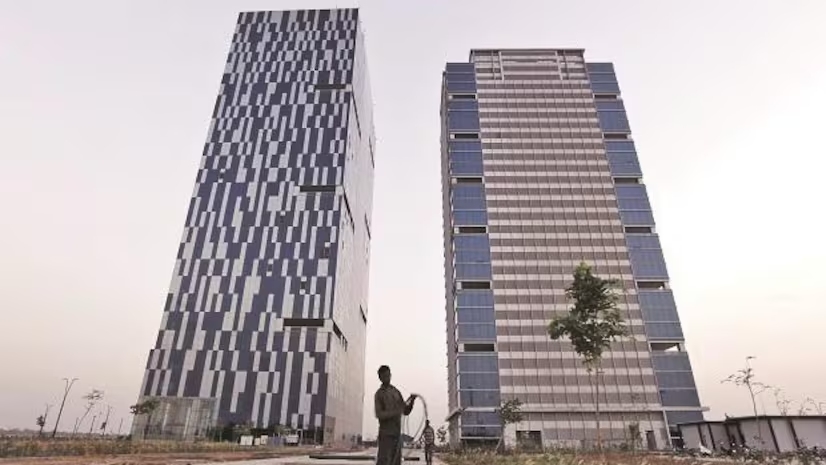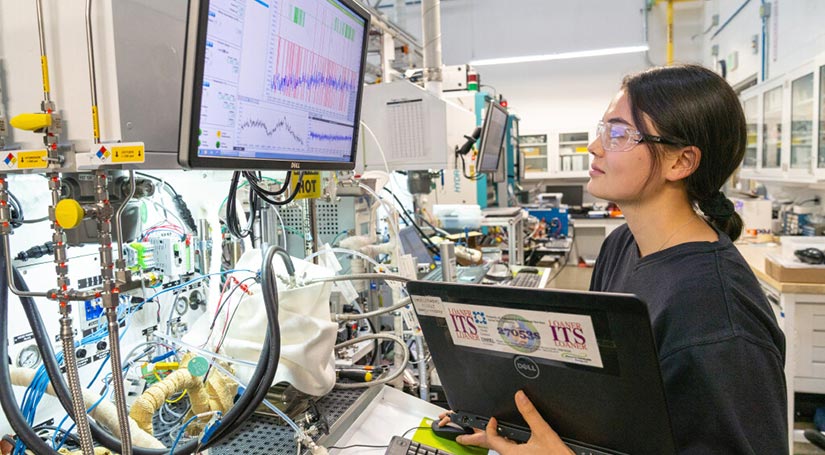manufacturing sector creates 7,500 new jobs Y-O-Y in Q2 in Puerto Rico
In a significant economic development, Puerto Rico's manufacturing sector has demonstrated remarkable resilience and growth by creating an impressive 7,500 new jobs year-on-year in the second quarter. This surge in employment signifies a positive trend for the island's economy, warranting a comprehensive exploration of the implications, challenges, and opportunities associated with this substantial increase in job opportunities.
The creation of 7,500 new jobs in the manufacturing sector during the second quarter is a testament to the industry's robust expansion. This surge in employment not only bolsters the workforce but also plays a pivotal role in addressing unemployment concerns, contributing to a reduction in joblessness and fostering economic stability. The ripple effects of such job creation extend beyond individual workers to impact families, communities, and the broader economy.
As the manufacturing sector continues to expand, it brings forth a diversification of job opportunities. The range of roles available spans from entry-level positions to skilled labor and managerial roles. This diversification is essential for cultivating a well-rounded workforce and contributes to the overall skill development of the labor market. Consequently, individuals have the opportunity to acquire new skills, enhancing their employability and advancing their careers.
The injection of 7,500 new jobs into Puerto Rico's manufacturing sector serves as a significant economic stimulus. With more people gainfully employed, there is a subsequent increase in disposable income, leading to higher levels of consumer spending. This uptick in consumer activity further stimulates economic growth by driving demand for goods and services, creating a positive cycle that benefits both businesses and consumers alike.
The manufacturing sector's growth not only results in job creation within the sector itself but also triggers an increased demand for ancillary services and infrastructure development. From transportation and logistics to support services such as catering and maintenance, the burgeoning manufacturing industry generates a ripple effect that extends across various sectors, contributing to a more interconnected and dynamic economy.
While the surge in job creation is undoubtedly a positive development, it is crucial to acknowledge and address potential challenges. Advocates and policymakers need to consider issues such as ensuring the inclusivity of employment opportunities, preventing labor exploitation, and promoting fair wages. Additionally, there is a need for proactive measures to address any disparities in job distribution among different demographic groups to ensure that the benefits of job growth are equitably shared across the community.
Ensuring the long-term sustainability of job growth in the manufacturing sector necessitates a focus on education and skills development. Investing in training programs and educational initiatives that align with the evolving needs of the industry is crucial. This proactive approach not only equips the workforce with the necessary skills but also fosters innovation and adaptability, positioning Puerto Rico as a competitive player in the global manufacturing landscape.









